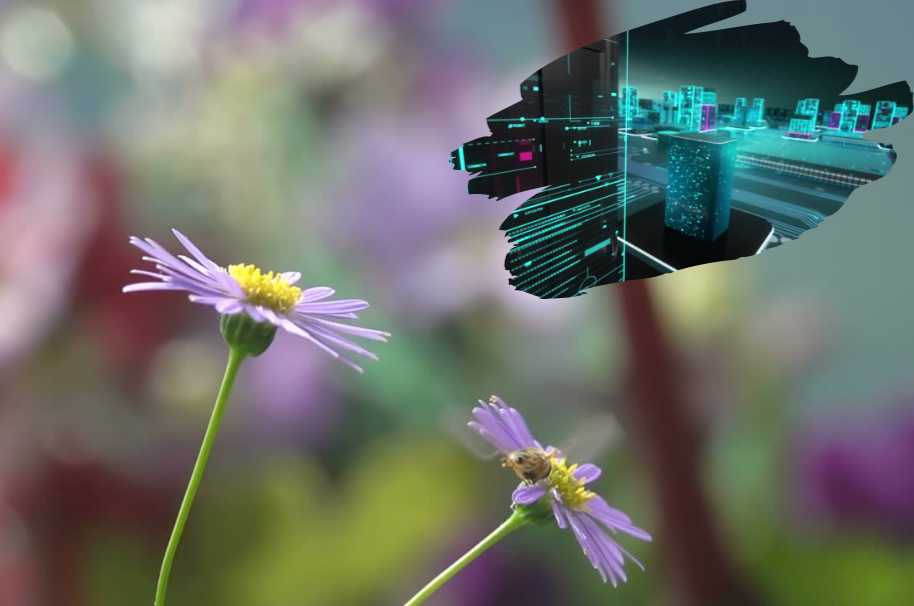Homo sapiens was once part of nature…
Then he forgot this and set himself as king of flora and fauna, the top of development and creation. Talking about death became inappropriate because there are inconvenient facts that may undermine man’s place at the top. For example, that every human being, in whichever coffin he is placed, after death turns into ashes and the ashes, mixed with other ashes, give birth to a new biomass: grass, trees, flowers, minerals, new living beings.
Could it be that we consider ourselves as a highly evolved population because we have managed to survive all the cataclysms and because there are so many of us? And in vain! For instance, ants evolved around 110-130 million years ago. They lived side by side with the dinosaurs but did not become extinct. Tiny ants make up 15-20% of the Earth’s animal biomass, surpassing vertebrates in mass. Scientists have calculated that there are about one million of these insects per person.
Then maybe… it’s because we are so clever and have managed to create all sorts of clever technology? Well, no! For example, the applied science of bionics, which concerns the application of principles of organization, properties, functions and structures of living nature in technical devices and systems, is only gaining momentum.
Again, our ant is a very intelligent insect. Its brain consists of 250 thousand cells, despite its modest size.
Moreover, people are just beginning to realise that intelligence comes in many forms. A person can be scientifically intelligent, or they can have emotional intelligence.
And when scientists investigated the intelligence of the common crow, they realised that its intelligence could not be measured with a human ruler. It turned out to be a different kind of intelligence and therefore impossible to compare. It is impossible to fully comprehend the wisdom of nature.
Yes, each of us is unique and inimitable in our own way. But we often forget that nature also has laws of populations, and that they do not apply to singles, but to the whole population. We “forget”, perhaps precisely because nature has another – a slow current that we, because of its relative transience, cannot grasp. Changes, cataclysms and transitions to another quality in nature occur constantly and periodically, despite our best efforts to maintain the status quo! Populations that do not adapt to change, i.e. do not transform, do not develop compensatory functions, etc., always die out/give way to another species. The amount of biomass from which a species is born or changes, as you understand, is always the same. Similarly, a population that goes beyond the harmonic correspondence of its size and impact on other species, e.g. by threatening the conservation of species diversity, is also doomed to extinction. So where on this scale is the human population? And does nature still need us?
Peter Wohlleben, author of books such as The Secret Life of Trees, said: “Nature does not need conservation, but man does. Mankind without nature will fail. But nature without man will continue to exist. Therefore, when we “take care of nature”, we take care of ourselves first!”
Author: T. Weingart







